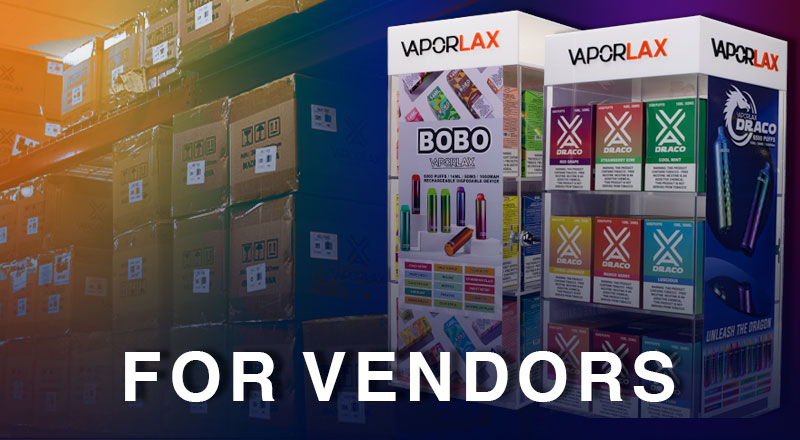Major Blow to FDA? Federal Judge Rules Tobacco Penalties Unconstitutional Without Jury Trial
In a ruling that could dramatically reshape how the U.S. Food and Drug Administration (FDA) enforces its tobacco regulations, a federal judge has declared the agency’s civil penalty process unconstitutional — at least when it comes to fines imposed without a jury trial.
On August 1, U.S. District Judge Reed O’Connor sided with Texas-based vape company Wulferic, LLC (also known as Vapor Lab) in a lawsuit challenging the FDA’s authority to issue civil monetary penalties (CMPs) for the sale of unauthorized e-liquids.
The court ruled that the FDA’s process violates the Seventh Amendment of the U.S. Constitution, which guarantees the right to a jury trial in civil cases.
⚖️ What This Means
The decision is a potentially seismic shift for FDA enforcement under the Family Smoking Prevention and Tobacco Control Act (part of the Food, Drug, and Cosmetic Act, or FD&C Act). For years, the FDA has used its internal administrative process to fine retailers and manufacturers it deems noncompliant — typically without any opportunity for the accused to face a jury of their peers.
Now, that approach has been deemed unconstitutional.
“The Wulferic decision is the first case to find that the FD&C Act’s CMP provision for tobacco products is unconstitutional,” noted legal experts Andrew J. Hull and Peter G. Dickos in FDA Law Blog. “Wulferic threatens to significantly dismantle FDA’s arsenal of actions to enforce compliance with the FD&C Act’s tobacco provisions.”
🧠 What Led to the Ruling?
The FDA had fined Wulferic for selling e-liquid products that lacked proper marketing authorization — a growing tactic used by the agency to crack down on independent vape businesses. Wulferic fought back, arguing that being forced to pay such a fine without the option of a jury trial was a direct violation of their constitutional rights.
Judge O’Connor agreed.
While the ruling currently applies only to Wulferic, it sets a precedent that could open the door to similar legal challenges by other vape manufacturers and retailers who have been fined under the same provisions.
🔥 A Turning Point for Vape Regulation?
Although the court did not go so far as to block the FDA from continuing its CMP processes across the board, the ruling casts serious doubt on the constitutionality of the agency’s broader enforcement strategy. If more companies follow Wulferic’s lead, FDA’s ability to enforce penalties without courtroom scrutiny may collapse under legal pressure.
This decision comes at a time when the FDA is already facing criticism over slow and inconsistent product reviews, excessive enforcement actions, and an opaque regulatory framework that many small businesses say is designed to favor Big Tobacco.
🧭 What Happens Next?
- Expect More Lawsuits: Other companies fined by the FDA could now challenge the penalties on constitutional grounds.
- FDA May Be Forced to Adapt: The agency could be compelled to either revise its enforcement process or push for legislative changes.
- Congressional Attention: This ruling may spark congressional hearings or efforts to clarify the FDA’s enforcement authority for tobacco and nicotine products.
Final Thoughts
The Wulferic ruling marks a significant victory for small vape businesses and could be the first domino to fall in unraveling what many see as overreach by federal regulators. While the FDA’s mission includes protecting public health, that goal must still comply with the Constitution.
Whether this sparks a wider overhaul of enforcement policies remains to be seen — but one thing is certain: the era of rubber-stamped fines with no jury oversight may be ending.
Read the full order here.






Leave a comment
This site is protected by hCaptcha and the hCaptcha Privacy Policy and Terms of Service apply.